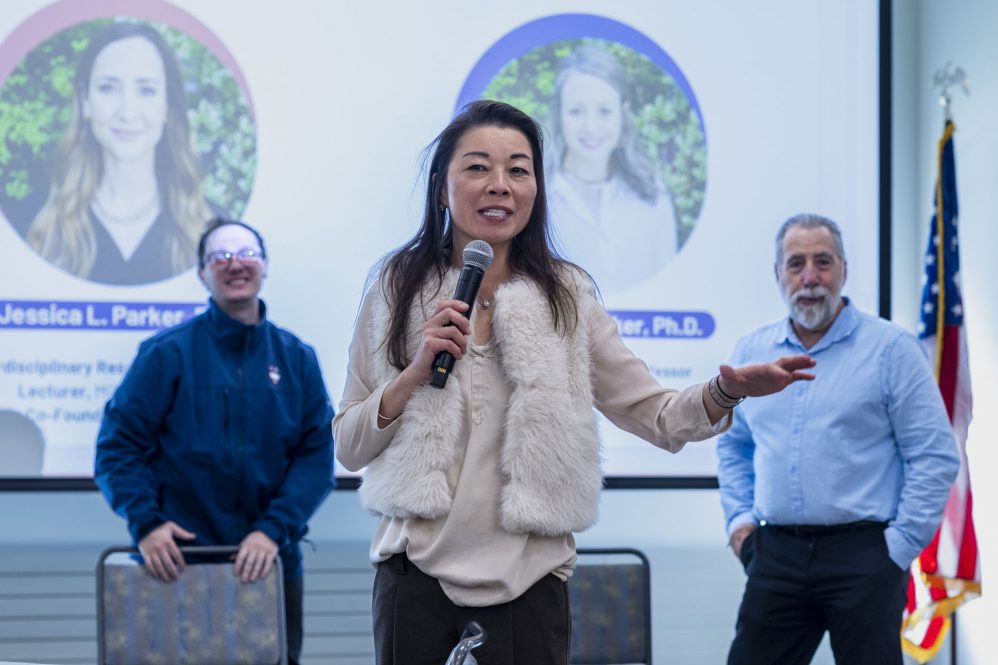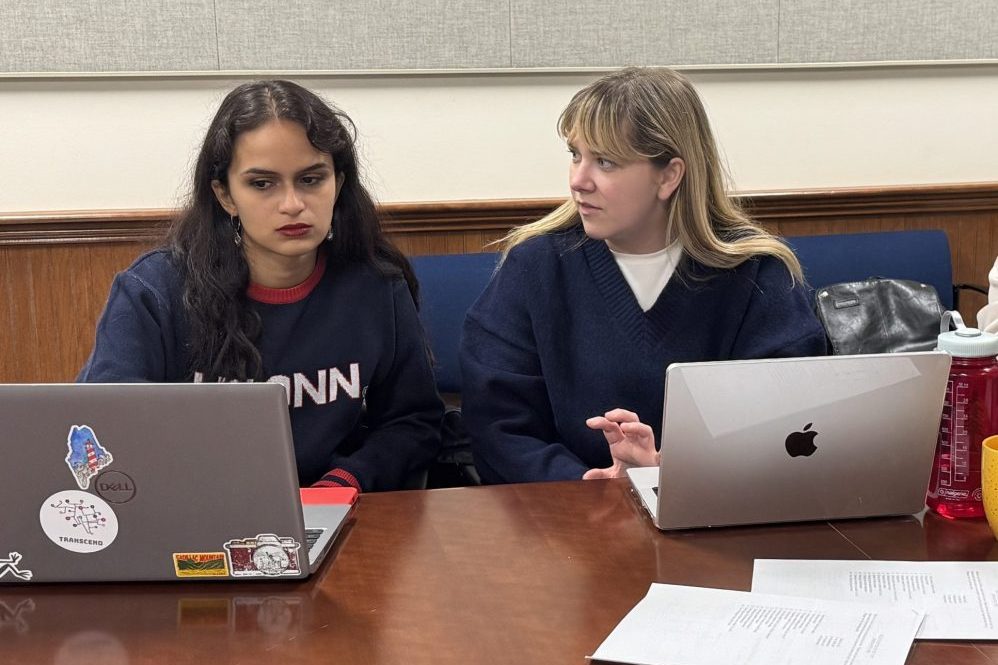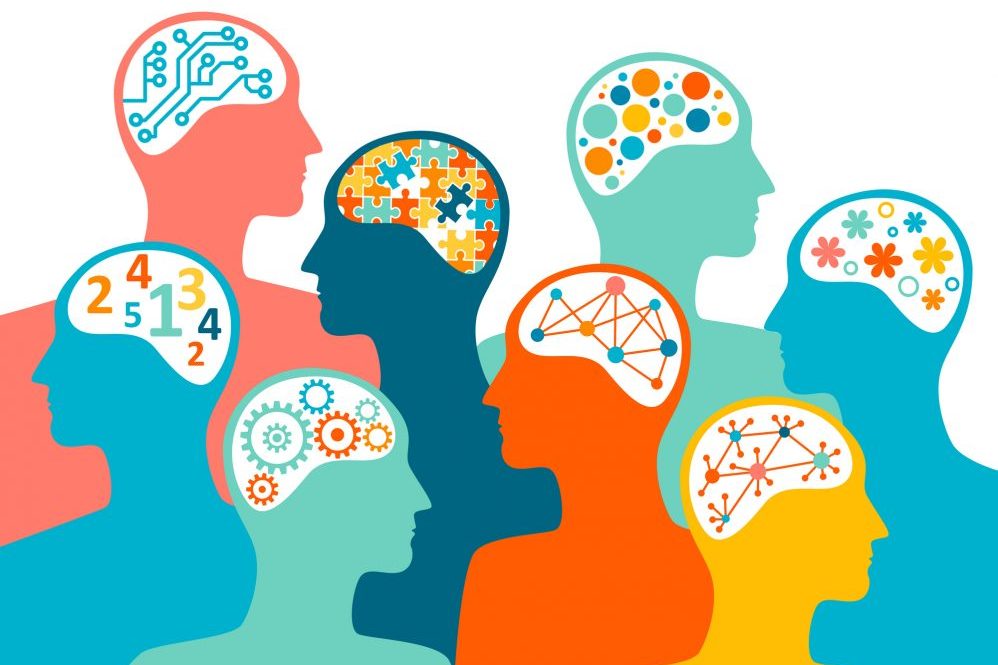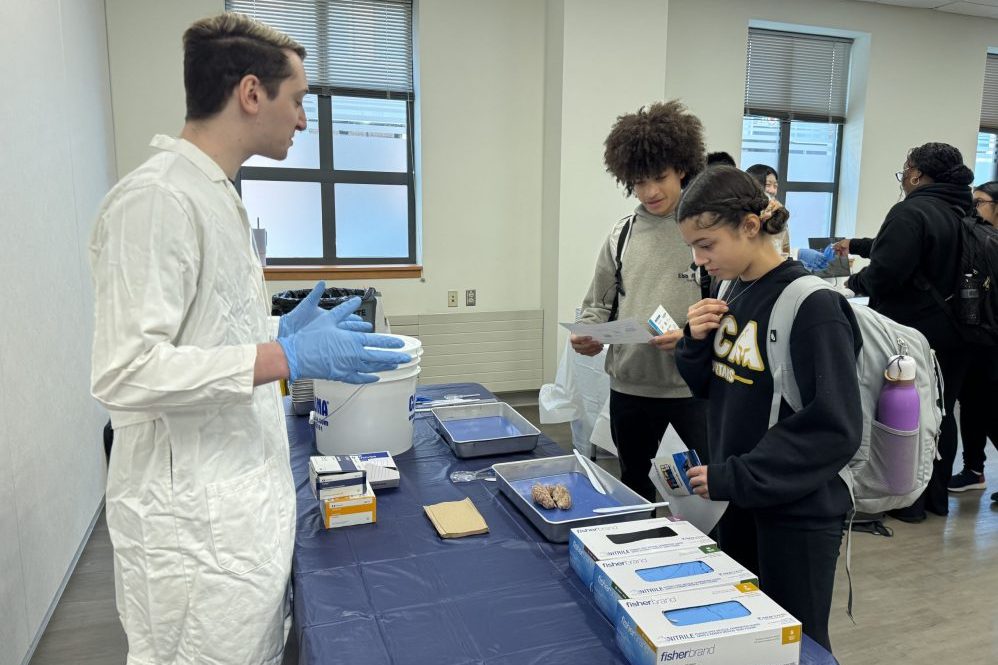-
Feb15
-
Feb15
-
Feb15
-
Feb16From Broadway to Business: Inside Theatre Production with Christina WallaceNafe Katter Theatre12:20 PM
Web cookies (also called HTTP cookies, browser cookies, or simply cookies) are small pieces of data that websites store on your device (computer, phone, etc.) through your web browser. They are used to remember information about you and your interactions with the site.
Session Management:
Keeping you logged in
Remembering items in a shopping cart
Saving language or theme preferences
Personalization:
Tailoring content or ads based on your previous activity
Tracking & Analytics:
Monitoring browsing behavior for analytics or marketing purposes
Session Cookies:
Temporary; deleted when you close your browser
Used for things like keeping you logged in during a single session
Persistent Cookies:
Stored on your device until they expire or are manually deleted
Used for remembering login credentials, settings, etc.
First-Party Cookies:
Set by the website you're visiting directly
Third-Party Cookies:
Set by other domains (usually advertisers) embedded in the website
Commonly used for tracking across multiple sites
Authentication cookies are a special type of web cookie used to identify and verify a user after they log in to a website or web application.
Once you log in to a site, the server creates an authentication cookie and sends it to your browser. This cookie:
Proves to the website that you're logged in
Prevents you from having to log in again on every page you visit
Can persist across sessions if you select "Remember me"
Typically, it contains:
A unique session ID (not your actual password)
Optional metadata (e.g., expiration time, security flags)
Analytics cookies are cookies used to collect data about how visitors interact with a website. Their primary purpose is to help website owners understand and improve user experience by analyzing things like:
How users navigate the site
Which pages are most/least visited
How long users stay on each page
What device, browser, or location the user is from
Some examples of data analytics cookies may collect:
Page views and time spent on pages
Click paths (how users move from page to page)
Bounce rate (users who leave without interacting)
User demographics (location, language, device)
Referring websites (how users arrived at the site)
Here’s how you can disable cookies in common browsers:
Open Chrome and click the three vertical dots in the top-right corner.
Go to Settings > Privacy and security > Cookies and other site data.
Choose your preferred option:
Block all cookies (not recommended, can break most websites).
Block third-party cookies (can block ads and tracking cookies).
Open Firefox and click the three horizontal lines in the top-right corner.
Go to Settings > Privacy & Security.
Under the Enhanced Tracking Protection section, choose Strict to block most cookies or Custom to manually choose which cookies to block.
Open Safari and click Safari in the top-left corner of the screen.
Go to Preferences > Privacy.
Check Block all cookies to stop all cookies, or select options to block third-party cookies.
Open Edge and click the three horizontal dots in the top-right corner.
Go to Settings > Privacy, search, and services > Cookies and site permissions.
Select your cookie settings from there, including blocking all cookies or blocking third-party cookies.
For Safari on iOS: Go to Settings > Safari > Privacy & Security > Block All Cookies.
For Chrome on Android: Open the app, tap the three dots, go to Settings > Privacy and security > Cookies.
Disabling cookies can make your online experience more difficult. Some websites may not load properly, or you may be logged out frequently. Also, certain features may not work as expected.

This NSF funded program is grounded in Educational Neuroscience (EdNeuro), a cross-disciplinary field which promises to revolutionize education by transcending the present one-size-fits-all approach and personalizing learning. Our approach seeks to help realize EdNeuro’s potential by bringing together transdisciplinary research training in Psychology, Cognitive Neuroscience, Education, Engineering, Computer Science, and Math. With a strong emphasis on neurodiversity, team science, and co-creation of research, and training opportunities with community stakeholders, TRANSCEND will prepare diverse cohorts of trainees with the technical and transferable professional skills needed to excel in the 21st century STEM workforce within and outside of academia.

TRANSCEND integrates faculty from 3 colleges/schools and 5 departments, currently siloed within distinct degree programs. Our integrated EdNeuro Bidirectional Approach and Cyclical Model, that requires convergence of multiple disciplines, will lead to more ecologically valid research grounded in practice, and rapid translation of research to practice.

We expand on UConn NRTs that leveraged problem-based learning, and add deliberate and formal implementation of team science approaches while considering diversity (in both demography and expertise) to enhance team creativity and productivity; and to facilitate collaborations, cultural competence, and career readiness. The Graduate School will support efforts to develop new modes of dissertation research based on transdisciplinary teams.

TRANSCEND centers neurodiverse learners (e.g., with ADHD, dyslexia, and/or autism spectrum disorder) both as a key population of investigation and as trainees. TRANSCEND will prioritize recruitment and retention of neurodiverse trainees, capitalizing on our expansive network including NSF INCLUDES partners.

To enhance TRANSCEND’s impact, the program will cultivate a culture of support and sense of belonging through internships; receiving and providing mentorship; and participation of partners, community stakeholders, trainees’ families, and faculty and students from other institutions in program activities. Practices and strategies learned will be disseminated widely for other institutions to follow the TRANSCEND model.